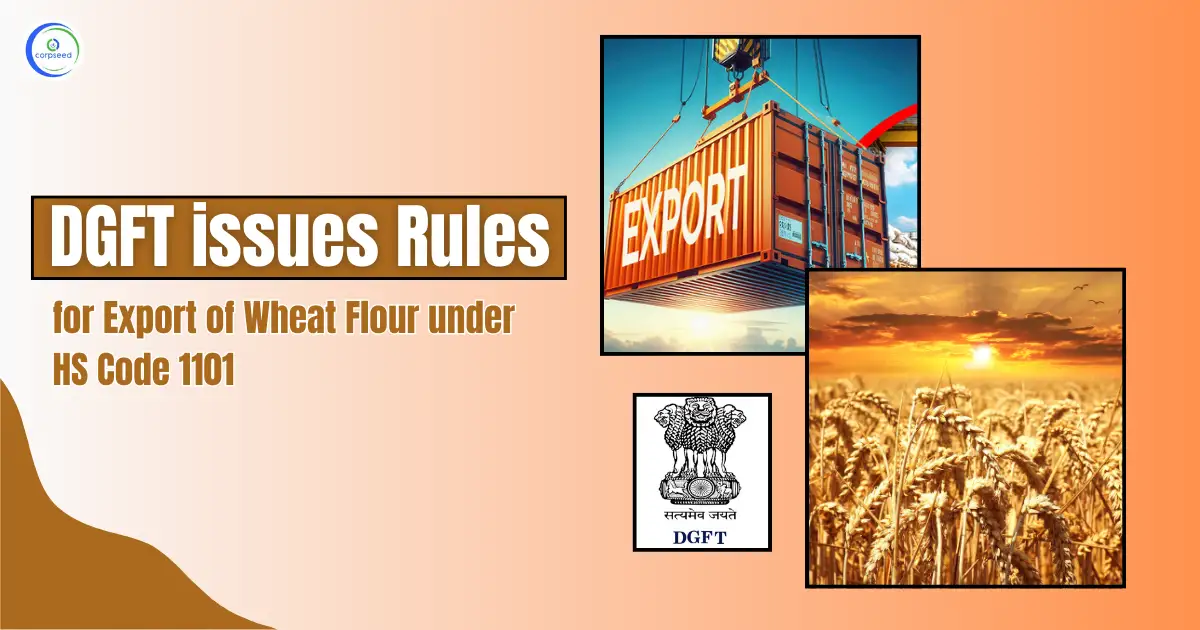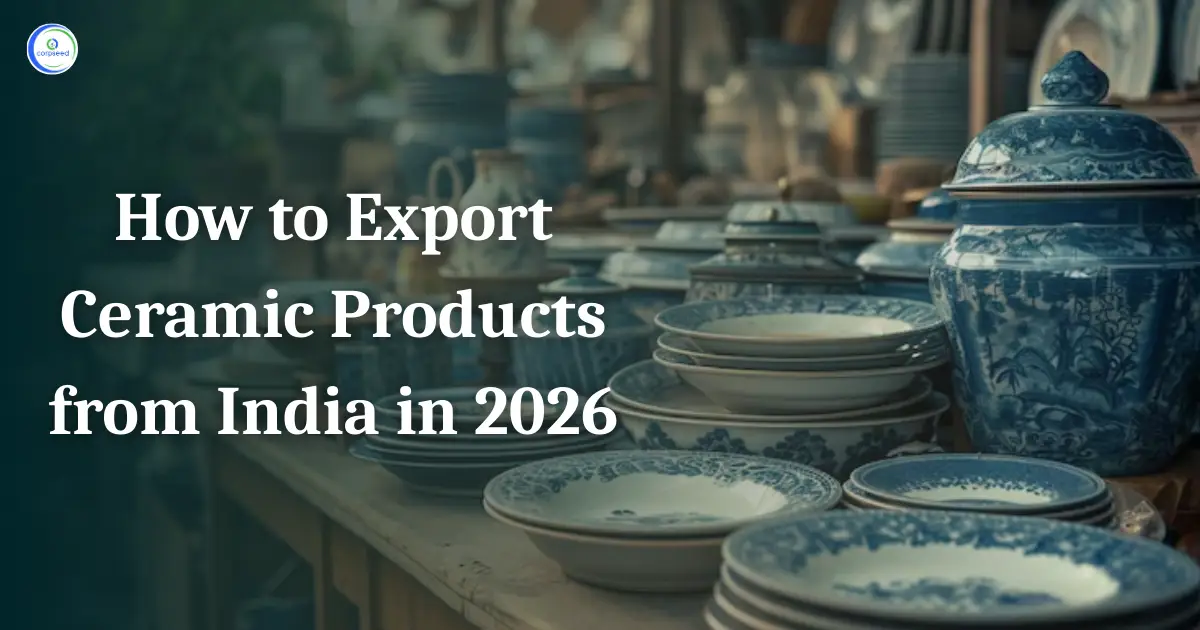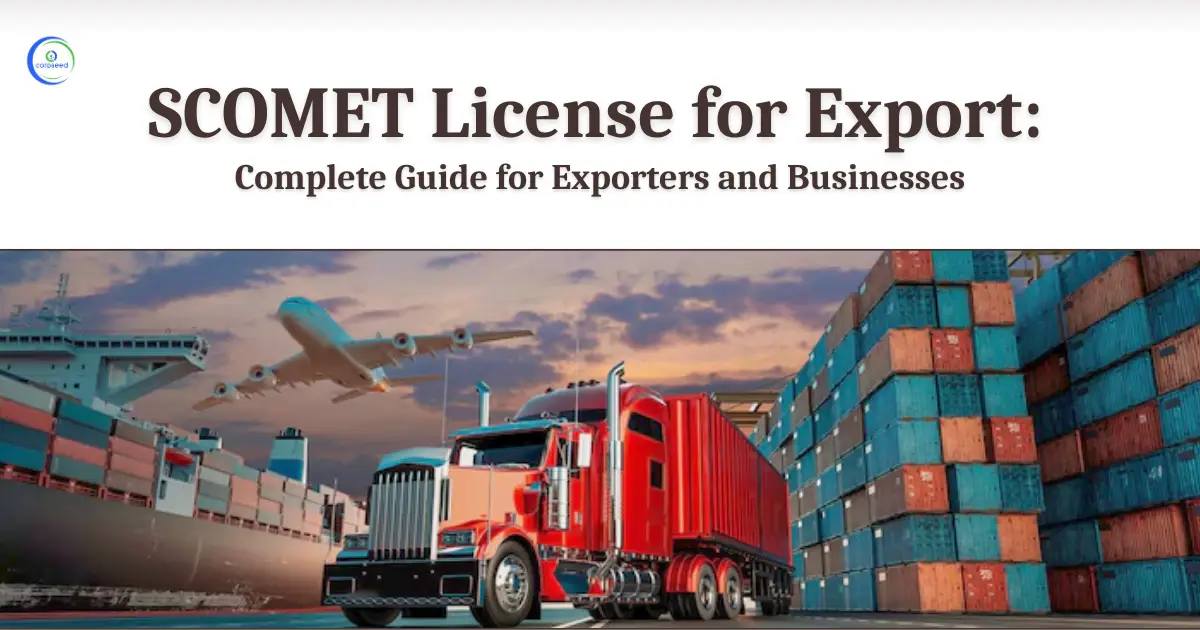Introduction: Rubber Export
The Ministry of Commerce & Industry, Government of India, established the Rubber Board of India under the Rubber (Production and Marketing) Act, 1947 to hasten the production and growth of the rubber industry. The board was established by the Indian government shortly after the regulation was passed as a corporate body with the authority to decide on and implement plans for the expansion and development of the rubber industry.
Table of Contents
- Introduction: Rubber Export
- The Objective of the Rubber Board
- Background of the Rubber Export Industry
- Kinds of Rubber, According To the Rubber Board
- License Categories According To the Rubber Board
- Documents Required For the Rubber Export License from the Rubber Board
- Rubber Export Licensing Procedure
- Certain Conditions Need To Be Followed While Dealing With the Export of Rubbers
- The Obligation of the Licensee That Needs To Be Followed
- Licensing Fee to Be Paid To the Board
- Term of the Rubber License
- Cancellation of Rubber License
--------------Blog Contact Form-------------
The Objective of the Rubber Board
The Rubber Board's mission is to advance and simplify the rubber industry's three primary processes: production, processing, and marketing of the rubber. According to Section 30 of the Indian Trademark Act, 1999, the Rubber Board is the owner of the brand Natural Indian Rubber.
Background of the Rubber Export Industry
The rubber sector is expected to expand and has the potential to become more powerful and dominant. Rubber is in high demand both domestically and internationally, which has made the sector competitive. India is the second-largest consumer of rubber in the world and claims to be the fourth-largest producer of rubber. Higher prices and demand have given producers motivation, which has led to an increase in production. The rubber manufacturer produces a wide range of goods, including auto tubes, adhesives, auto tyres, auto and bicycle parts, belts, shoes, wires and cables, surgical instruments, medical equipment, sporting goods, etc. India has the capacity to use all the locally produced rubber goods. In order to keep exporters and producers up to date with the most recent trade information, the Rubber Board has launched the Trade Information Portal.
When compared to other elastomers, natural rubber has advantages that make it a preferred raw material. Rubber is in high demand in a variety of industries, including electrical, electronics, automobiles, plastic materials, aeronautics, power transmission, health care, and others.
Indian farmers produce top-notch rubber, which is further qualified by internal quality control systems. Rubber as a raw material has distinctive qualities when compared to other materials (elastomers).
In order to meet regional and global standards like ISO, BIS, and ASTM, the rubber processing industries throughout India are equipped with top-notch manufacturing tools that are monitored by equipment that is installed in all of the country's rubber processing businesses. The International Green Book Standards were validated by the RSS standardization. The Rubber Board Act is the binding force for the development of the rubber industry, including the consumption and production of rubber. The rubber quality-enhancing programs are conducted by the board to beat the world-class competition. The Board also makes sure that the products are delivered to the market effectively so that international buyers can conduct business with India.
Kinds of Rubber, According To the Rubber Board
Rubber is divided into the following categories by the Indian Rubber Board.
- Natural Rubber
Natural rubber is the rubber that is extracted from rubber trees grown in the east and northeast region. 40% of the collected latex is natural rubber, which is further processed in the rubber industry before being used to create durable rubber goods (such as luxury tires, shoes, mattresses, and balloons) for the automobile industry.
- Synthetic Rubber
Synthetic rubber is produced by chemical-based plants and is an alternative to natural rubber for use in other human needs. This method produces products that are less expensive than natural rubber. The applications for synthetic rubber (gloves, carpet supports, casting, molding, tyre manufacturing)
- Reclaimed Rubber
The rubber waste is heated and subjected to additional chemical treatment before being used to make tubes, tyre processing, repair, retreading, molding, footwear, sheeting, matting, belting, mastics, cable bedding materials, etc.
License Categories According To the Rubber Board
- Dealer’s License
Dealers who are in the rubber business must submit an application using Form B. The applicant must accurately complete and submit all required paperwork, as well as pay the Rubber Board via online payment or demand draft.
- Processors License
The applicant who wants to obtain a processor's license or sell off the processed rubber license must have to apply for the license in form B1.
- Manufacturer's License
The manufacturer must submit form D in order to obtain a manufacturer's license before beginning any rubber manufacturing projects, buying rubber, or acquiring rubber. Every year, the license for the manufacturer must be renewed.
Documents Required For the Rubber Export License from the Rubber Board
The applicant must submit all necessary paperwork in the way that the board specifies. The following document is necessary for the license for the export of rubber & rubber products:
- A copy of the factory's possession rights serves as proof of possession.
- Pollution Control Board certification of approval (required only for Processor licenses)
- A valid local municipality or Panchayat certificate)
- The extensive procedure applied to the project
- The application should include information about handling the rubber quantity.
Rubber Export Licensing Procedure
Anyone or any organization that wants to sell, buy, or deal with rubber (including exporting or dealing with imported goods) must submit an application for a license using form B. Every rubber grower or processor operating on more than 10 hectares of rubber land will not be considered a small grower. If the board is satisfied with the applicant's information, the license will be granted. In addition, the board may issue a license online using Rule and Form C1.
- The applicant must complete the application form with the information required by the categories for the license he seeks to deal in rubber, which are
- Name of the Organization
- Complete business and storage address information
- Information about the partner and firm directors, including name, age, status, and address
- If the applicant has ever been a rubber board dealer, previous information (registration number) on the application is required.
- Investment in the company's capital
- Applicants' declaration,
- The license cannot be transferred after it has been granted to the applicant.
- The board considers factors such as the suitability of the Site selection, the applicants' liability and accountability, the accessibility of raw materials, their technical proficiency, the technical specifications, etc.
Certain Conditions Need To Be Followed While Dealing With the Export of Rubbers
- Dealing with rubber is possible only with the licensed dealer or a registered estate and no other rubber products shall be sold by or to any person other than the licensed one.
- The extension of the rubber business is possible only after the registration of the same and intimation to the rubber board.
- When dealing with rubber-related businesses, such as those that sell or buy rubber, prior rubber board approval is required.
- The rubber can only be produced, manufactured, and sold at the specific location allowed by the rubber board.
- The exporter needs to obtain NOC from the DGFT and Import export code (IEC).
- The Exporter needs to obtain the GST registration number of the product.
- The exporter needs to have the customs clearance from the custom board.
- As per the EXIM policy, the exporter needs to have RCMC from the Rubber Board
- The exporter has to comply with the licensing norms of the importing countries which differ from country to country.
- The grade and marketing of rubber products are dealt with by rule 48 of the rubber rules, 1955.
- The Licensee who is dealing with the sale of rubber has to obtain the purchase bill from the person to whom he sells rubbers, each time when the sale is made, the details shall be the following:
- License details and address of the selling licensee
- License details of the buyer and address as well
- Date, quantity, grade of rubber, and total sale proceed.
The Obligation of the Licensee That Needs To Be Followed
- The licensee shall submit in form H & L, to the board a true copy of the return, every month or as prescribed by the board and an annual report of the total area of the production, plant protection, manuring, and the number of employment of the labors in form H1.
- The licensee shall share the information relating to rubber stock acquired, consumed, or disposed of in form K and L to the board, every month or as prescribed by the Board.
- The processor of the rubber whether he holds a valid license or not has to submit a monthly report or as prescribed by the Board, about the stock of rubber and production or processing or disposed of the rubber, in form H3 or L1,
Licensing Fee to Be Paid To the Board
The applicant has to pay the license fee at the following rates for the issuance of the license:
- For the manufacturer licensing, the applicant has to pay Rs. 500 per license for rubber exceeding 100 kilograms but not exceeding 4 tonnes.
- The applicant for the purchase of the rubber product exceeding 4 tonnes has to pay Rs. 1000 for each license.
- For the Dealer license, the applicant shall pay Rs. 1000 for each license.
- For the processing and selling license, for the acquisition of rubber, the applicant shall have to pay Rs. 1000 per license.
- A license must be obtained by the Manufacturer (Holder of License in Form E) selling rubber to another Manufacturer (A valid licensee) by paying Rs. 500.
Term of the Rubber License
The Rubber Board grants licenses for the manufacture of rubber for three years. Before the expiration date, the licensee must renew the license.
Cancellation of Rubber License
The Rubber Board has the authority to revoke any license at any time if it is discovered that the license was obtained illegally, fraudulently, through misrepresentation of facts, or if it is discovered to be in violation of BORAD regulations. The licensee, however, will have a chance to speak.
This portion of the site is for informational purposes only. The content is not legal advice. The statements and opinions are the expression of author, not corpseed, and have not been evaluated by corpseed for accuracy, completeness, or changes in the law.
BOOK A FREE CONSULTATION
Get help from an experienced legal adviser. Schedule your consultation at a time that works for you and it's absolutely FREE.




_Corpseed.webp)


_Rules,_2025_Corpseed.webp)

